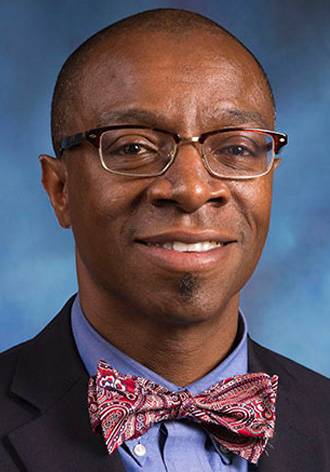
LOUISVILLE, Ky. (BP) — I received a text from a dear brother who desired information on how to help a friend discuss the need for Black History Month in a multicultural and multiethnic nation. Both men have a sincere love for the Gospel and all people groups. One brother is an African-American pastor of a predominantly black church and the other is Anglo-American pastor of a predominantly white church.
The Anglo-American pastor lamented to his friend that many of his members take offense when the nation highlights the achievement of one ethnic group to the neglect of others. They assume that Black History Month exists for the sole purpose of pleasing those of African descent as opposed to creating greater space for informed dialogue on the issue of race in America.
Black History Month invites all Americans to sit around the historical campfire and be warmed by the flames of African-American achievement. For Christians, when these flames are properly understood in view of God’s providence and grace, we listen to one another’s story of pain and promise without contempt.
In the spirit of African-American historian Carter G. Woodson (1875-1950), students of African-American history of any hue learn to view the world through the lens of black oppression and black opportunity. They are given the hermeneutic tools to exchange the oft-repeated story of black inferiority for a new perspective that highlights black dignity and cultural development. Stories of black achievement are often divorced from U.S. history books, continuing the myth that African peoples have only burdened rather than bolstered American greatness.
Woodson, author of the perennial best-seller “The Mis-Education of the Negro,” founded the Association of Negro Life and History to protect all Americans from historical amnesia. Woodson was a consummate scholar and educator who also created and served as editor of the “Journal of Negro History” and the “Negro History Bulletin.” These two resources are readily available at several university and seminary libraries.
In 1926, Woodson established an annual Negro History Week (now Black History Month), seven days in February devoted to the celebration of black history and culture. He selected February to honor the birthdays of two cultural change agents, Frederick Douglass and Abraham Lincoln. Douglass, whom many regard as one of the greatest Christian intellectuals in American history, finds his name virtually unknown amongst most evangelical Christians then and now. It disappoints me to even think about this fact.
If you are unaware of this early 19th-century drum major for justice, consider reading his autobiography, “Narrative of the Life of Frederick Douglass, an American Slave, Written by Himself.” I recommend an edition edited with an introduction by Yale historian David W. Blight. Douglass’ story might radically transform your understanding of chattel slavery in the antebellum North and South, creating informed dialogue as you enter conversations about race relations in American history.
I agree with Woodson’s construal that “no one can be thoroughly educated [in America] until he learns as much about the Negro as he knows about other people.”
Black history is American history.
This month, and throughout the year, we have an opportunity to expand our thoughts concerning the African saga on American soil. Might our learning deepen our appreciation for one another and our commitment to take the Gospel to different image-bearers in America and beyond.

















